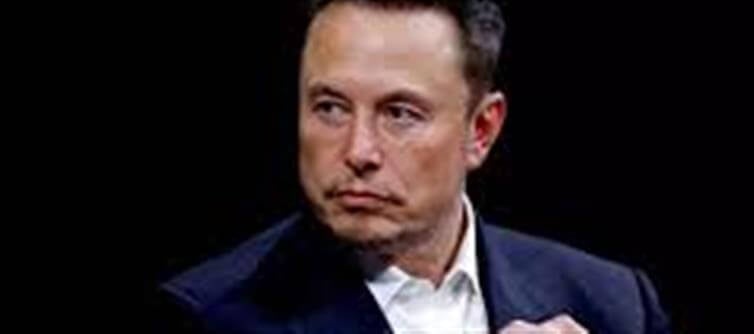
Elon Musk, the visionary behind some of the world’s most ambitious companies—SpaceX, Tesla, The Boring Company, Neuralink, and twitter (now X)—has long been celebrated for his unconventional leadership and bold vision. However, a growing number of senior executives across these companies are choosing to leave, citing psychological burnout, strategic disagreements, and concerns over Musk’s political stance. Here's an in-depth look at what’s causing the exodus and how it could impact Musk’s empire.
1. The Rise of Employee Burnout
One of the most common reasons for the high turnover is psychological burnout. Many senior officers have reported feeling overwhelmed by the relentless pace of work, the high expectations, and the unyielding demands that come with working at Musk’s companies. Musk’s leadership style is often described as intense, expecting employees to push boundaries and work long hours to meet impossible goals. Over time, this has taken a toll on the mental health and well-being of top executives.
2. Strategic Disagreements
Musk’s bold, disruptive vision sometimes clashes with the more traditional approaches of experienced managers. Many of the departing executives have cited strategic disagreements as another primary reason for their exit. While Musk’s ambition to change the world is clear, his approach to business—sometimes unpredictable or chaotic—has led to friction with senior staff who prefer more measured, consensus-driven decision-making. For example, issues around product innovation, growth trajectories, and risk management have been sources of tension.
3. Political Activism Concerns
Another issue emerging from the recent wave of resignations is Musk’s increasingly visible political activism. Musk has been vocal about his political opinions, particularly in relation to free speech, government regulation, and his controversial take on social issues. While this has earned him a loyal following, it has also alienated some employees, especially those who don’t share his views. For many senior executives, Musk’s political activism is creating an uncomfortable working environment and conflicting values with the company’s goals.
4. Impact on the Companies
This mass departure of senior staff raises significant questions about the long-term health and sustainability of Musk’s companies. Leadership continuity is crucial for maintaining stability, and the loss of experienced executives could disrupt operations, decision-making, and corporate culture. For example, in companies like Tesla, where product innovation and technological development are key, the departure of senior leaders could slow down progress and undermine investor confidence.
5. A Changing Work culture at Musk’s Companies
Musk’s reputation for creating a work-hard, play-hard culture has long attracted ambitious talent, but now some argue that the culture may be turning toxic. Reports from former employees suggest a highly stressful and competitive atmosphere, where success is driven at any cost. This “sink or swim” mentality may work for a while but could be unsustainable over time, especially as the pressure of constant innovation and long hours wears people down.
6. Navigating the Challenges Ahead
As Musk’s empire continues to expand, the challenge of maintaining leadership stability and employee morale becomes more pressing. Musk will need to find a balance between his innovative, high-risk approach and the need for a supportive, sustainable workplace. To keep top talent, he may have to rethink his leadership style or bring in new ways of addressing employee burnout and dissatisfaction.
7. Musk's Vision vs. corporate Realities
Elon Musk’s relentless drive for innovation and world-changing goals has undeniably led to some of the most groundbreaking advancements in technology, space exploration, and electric vehicles. However, the departure of top-tier employees reveals the tension between his visionary leadership and the corporate realities of managing large, complex organizations. If Musk wishes to continue scaling his companies, he will need to reassess how he leads, ensuring that the pressure to innovate doesn’t come at the expense of his employees’ well-being.
Conclusion: A Turning Point for Musk’s Companies?
The rising wave of employee issues at Musk’s companies—whether due to burnout, disagreements over strategy, or his political views—presents a unique challenge for the billionaire entrepreneur. The high turnover could have serious consequences for the future of his companies, especially as they navigate the complexities of growing in global markets. While Musk’s vision remains audacious and appealing, the path ahead might require a recalibration of his leadership approach to retain the talent and passion that have powered his companies thus far.
Disclaimer:
The views and opinions expressed in this article are those of the author and do not necessarily reflect the official policy or position of any agency, organization, employer, or company. All information provided is for general informational purposes only. While every effort has been made to ensure accuracy, we make no representations or warranties of any kind, express or implied, about the completeness, reliability, or suitability of the information contained herein. Readers are advised to verify facts and seek professional advice where necessary. Any reliance placed on such information is strictly at the reader’s own risk..jpg)




 click and follow Indiaherald WhatsApp channel
click and follow Indiaherald WhatsApp channel